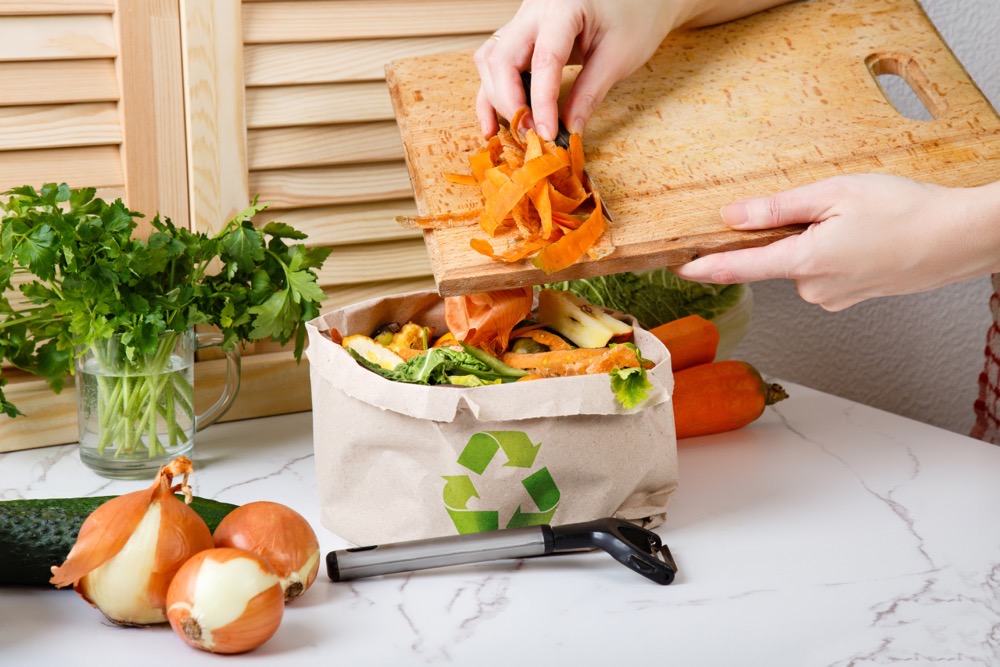MAKKAH: Makkah’s hotels are gearing up to receive the millions of people arriving to perform Umrah during Ramadan.
Prices in Makkah’s hotels vary based on their geographical location and their proximity to the Grand Mosque. They also vary according to full or partial views of the mosque, and compete to provide the best services to facilitate the movements of Umrah pilgrims.
Ahmed Al-Maghrabi, director of Swissotel Al-Maqam Makkah, said that the holy city’s hotels have a high occupancy rate and are fully booked at most times during Ramadan. He said that employees at the Swissotel Al-Maqam Makkah, which is located in the Clock Towers area and consists of 1,624 rooms and suites directly overlooking the Holy Kaaba, strive to provide hospitality in accordance with the highest standards.
“We also ensure that guests spend their time during the holy month of Ramadan in a place that combines spirituality and special service. We have been able to reach this efficiency in operation and hospitality through continuous training of our team, applying the best international practices in the field of hospitality and focusing on meeting the needs of our guests with precision and professionalism.”
He added: “The hospitality sector, specifically hotels, is facing various challenges, including the increasing expectations of guests and maintaining a high level of service. We are also working to overcome these challenges through investing in the development of human resources and technology and the continuous training of our Saudi male and female employees who have shown great efficiency and pride in providing services and excelling.
“Hospitality has being running through our veins since ancient times, and we cannot forget the Ministry of Tourism’s continuous efforts in developing national competencies through internal and external scholarships throughout the year. This has contributed and played an important role in elevating the level of services provided to our guests.”
Al-Maghrabi said: “We recognize the importance of Makkah (the holy capital) in the hearts of visitors as a tourism and religious destination, and we are working hard to diversity services to meet the demands and expectations of all segments of visitors, through cooperation with local and international companies. This drives us to invest in comprehensive services that include cultural, spiritual and recreational experiences, as well as logistical services to ensure that all our guests experience an integrated and comfortable visit.”
Abdullatif Althubaity, front office manager at DoubleTree by Hilton, said that most hotels in the central area had reached an occupancy rate varying between 80 and 95 percent over the past years.
He said that one of the most significant challenges facing the tourism sector in Makkah is that the holy city is crowded with large numbers of Hajj and Umrah pilgrims. “We strive to provide the highest levels of services to them and enrich their experience, despite the congestion in the streets of the central area. In addition, Makkah attracts all Muslims from around the world, however, there is an urgent need to educate pilgrims and visitors about tourism and religious awareness in Makkah.
“Saudi men and women continue to spread religious and tourism awareness among all visitors and pilgrims, in all languages, he said.
Althubaity also said that they strive to provide services worthy of the level of Hajj and Umrah pilgrims in Makkah, in terms of elevating the services to a high level to provide all means of comfort.
He said: “The services can be diversified to meet all the needs of pilgrims and visitors to achieve Vision 2030, by increasing the capacity of hotels in the vicinity of the Grand Mosque and expanding in the Grand Mosque to accommodate the largest number of Umrah pilgrims, reaching around 30 million Umrah pilgrims and 6 million Hajj pilgrims by 2030.”
Zaid Al-Khalidi, an investor in the hotel sector, said that during Ramadan prices were subject to different factors. “They are determined by several features, most importantly the location, view, proximity, the hotel rating and its location in the central area.”
He said that each room in the central area has a specific price that is raised during key seasons and peak times. The prices cannot be similar to each other; there are prices for groups and prices for online bookings.
He explained that the occupancy rate is high this year, especially since obtaining visas throughout the year is easy via smartphones. This was significantly important to increase the numbers and expand the work of hotels in the central area, around the Grand Mosque and in the rest of Makkah’s neighborhoods.
Al-Khalidi said: “Makkah is distinguished from the rest of Saudi cities as it is home to the largest rate of hotels, which exceed 1,400, most of which are five-star hotels, fully ready with high competencies and professional training. The Makkah region is crowded throughout the year with a varying occupancy rate, but recently, thanks to the thoughtful government’s decisions and allowing a large number to perform Umrah, the occupancy rate has increased and hotels are often fully booked.”
He said that the Haramain train and free buses from the airport had greatly contributed to facilitating the Umrah pilgrims’ journey and reducing congestion. The occupancy rate is expected to reach 100 percent on weekends, and the prices of four and five-star hotels will vary, especially between the hotels in the central area and other areas farther away from the Grand Mosque.
Makkah hotels ramp up readiness for this year’s Ramadan season
https://arab.news/7nxdp
Makkah hotels ramp up readiness for this year’s Ramadan season

- Providers compete to provide the best services to Umrah pilgrims
- The holy city’s hotels have a high occupancy rate





































